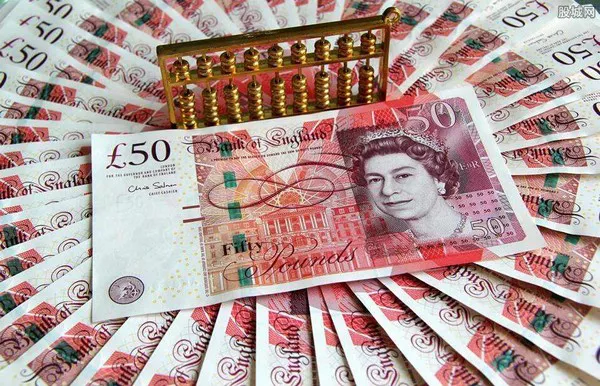The exchange rate between the South African rand and the British pound is a critical economic indicator that impacts businesses, investors, and individuals in both countries. The rand has been known to be volatile in response to external factors such as political instability, commodity prices, and global economic conditions. In this article, we will explore the current state of the rand to the pound exchange rate and its implications for various stakeholders.
Overview of the Rand
The South African rand is the official currency of South Africa, which is the second-largest economy in the continent. The rand was introduced in 1961 and replaced the South African pound at par. The rand is divided into 100 cents, and its symbol is R. The rand’s value is determined by supply and demand dynamics in the foreign exchange market, where it is traded against other major currencies such as the US dollar, euro, and British pound.
Current Exchange Rate
As of June 6, 2023, the rand to the pound exchange rate stands at R19.07 per GBP. This means that one British pound can buy 19.07 South African rand. The exchange rate has been relatively stable over the past few months, hovering around R18-R19 per GBP range. However, it is worth noting that the rand has depreciated significantly against the pound over the past year, primarily due to the ongoing COVID-19 pandemic and the resulting economic fallout.
Factors Affecting the Exchange Rate
Several factors can affect the rand to the pound exchange rate, including:
1. Global Economic Conditions – The rand is sensitive to global economic developments and trends because South Africa is an export-driven economy. Any adverse economic events such as trade wars, tariffs, and sanctions can have a significant impact on the rand’s value.
2. Political Stability – Political stability is another critical factor that affects the rand’s value. Any political unrest or instability can lead to a lack of confidence in the South African economy, which can cause investors to flee, leading to a decline in the rand’s value.
3. Commodity Prices – South Africa is a significant exporter of precious metals such as gold and platinum, and commodities such as coal and iron ore. Any changes in commodity prices can significantly impact the country’s economic outlook, which can lead to changes in the rand’s value.
Implications for Businesses
The rand to the pound exchange rate has implications for businesses that operate in both South Africa and the UK. For example, South African companies that export goods to the UK may benefit from a weaker rand because it makes their products more affordable to British consumers. Conversely, British companies that import goods from South Africa may experience higher costs due to a weaker pound. It is essential for businesses to monitor the exchange rate closely and implement appropriate risk management strategies to mitigate any adverse effects.
Implications for Investors
The rand to the pound exchange rate also has implications for investors who have exposure to either currency. For example, if an investor holds South African assets denominated in rand and the rand depreciates against the pound, the investor may experience lower returns when they convert their investments back into pounds. On the other hand, if an investor holds UK assets denominated in pounds and the pound weakens against the rand, the investor may experience higher returns when they convert their investments back into rand.
Conclusion
In conclusion, the rand to the pound exchange rate is a critical economic indicator that affects businesses, investors, and individuals in both South Africa and the UK. The current exchange rate stands at R19.07 per GBP, and it has been relatively stable over the past few months. However, external factors such as global economic conditions, political stability, and commodity prices can significantly impact the exchange rate’s value. It is crucial for stakeholders to monitor the exchange rate closely and implement appropriate risk management strategies to mitigate any adverse effects.


